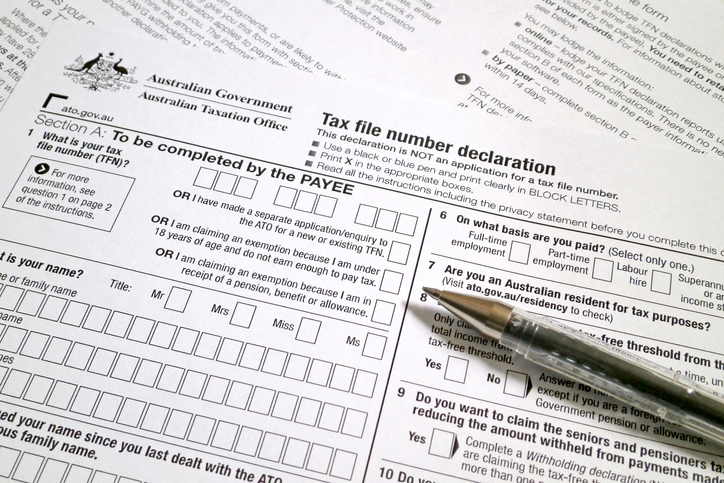To help deal with the economic fallout of COVID-19, Australia urgently needs a national coronavirus taxation summit to help reform our outdated tax system. The call comes from leading tax expert, Professor Robert Breunig from The Australian National University’s Tax and Transfer Policy Institute.
“We already know that we are facing a mountain of new debt because of the COVID-19 pandemic. And we are hoping for a quick and robust recovery,” Professor Breunig said.
“But Australia’s recovery through global trade will continue to be impeded by other countries’ response to the coronavirus.
“And our interest rates will continue to be low. So we need to think big when it comes to fiscal policy.
“Why not reform our outdated tax system? Not only is it ill-equipped for the 21st century, but it is inefficient, complex and unfair; it doesn’t reflect contemporary Australia; and is not going to generate sufficient revenue in the short-term.”
According to Professor Breunig, the reliance on income taxes to raise the bulk of revenue is one of several challenges that needs to be addressed.
“Because incomes are taxed heavily, and savings lightly, it means young workers subsidise the old, who disproportionality own capital,” he said.
“It also means less revenue overall, as income tax is subject to numerous deductions and exemptions for people who derive income from certain assets.
“Clearly the system needs to change, and now presents a perfect opportunity. Given the current spirit of bipartisanship evidenced in the passing of pandemic legislation and the formation of a cross-party, state and federal unity government, there is a golden moment to seize.”
Professor Breunig said a national taxation summit could clearly and publicly map out the costs of not undertaking reform as well as suggest a realistic reform path.
“Our political leaders can take this crisis and move us together towards a fairer and better Australia,” Professor Breunig said.
“If we can effectively reposition the tax and transfer systems, we will be able to restart the economic engines in a more sustainable manner – one that better corresponds with our post-coronavirus ambitions as a country.
“The question now is: will our leaders take this once-in-a-generations chance while they have it?”



